
California Limiting Transportation Choice
Strike another blow for personal freedom and transportation choice in California. For years we have been having it pounded into our heads here in the Golden State that we need to carpool, but the problem with that is how do you find a ride? Before the internet you just had to hope you happened to live in the same suburb as someone else in the office. But today technology allows anyone to find a rider via computer or smart phone, be it trolling around on craigslist or with a app like Lyft, SideCar, InstantCab or Uber. So you think the State would be happy… but no… how dare you make a choice for yourself without some kind of state oversight.
Based on this wording in the official press release below “The rules we created today allow Transportation Network Companies to compete with more traditional forms of transportation and for both drivers and consumers to have greater choice within the transportation industry.” I can only guess (and this is a guess) that public transportation and taxi unions pushed this rule change, and as always Sacramento bent over backwards to take car of their union buddies. You know more regulation always equals more choice.
If you choose to remember the San Francisco Cab Drivers Association held a big demonstration back in July about this calling the startup companies “unfair competition.” They were calling for this regulation, but what is interesting is that mainstream media has omitted the fact that just a few months ago the Taxi Unions were protesting in the street. (Click here for a story about the Protest in July).
So how to you regulate people offering each other rides and accepting donations for gas and time from the riders??? Well the California Public Utilities Commission has given itself powers to control popular ride sharing applications like Lyft and other popular apps by creating a new category that they have decided they have the right to regulate the TNC or Transportation Network Company.
Being the government of course they were able to come up with 76 pages of rules to regulate the entire process of getting a ride and will likely put many of these applications out of business, such as requiring every car have a 19 point inspection and requiring the app like Uber be held liable for actions of private drivers. Getting a ride via Uber is declared a “threat to public safety” by the CPUC, at least they went into it with an open mind.
I think that the State of California is in conflict with itself over this, seeing as under the logic of the CPUC the state by licensing a driver has the ultimate responsibility.We are told we can’t trust our fellow citizen for a ride unless the government regulates their licensing, insurance, and vehicles safety, but those are all things that are already regulated by the State’s own DMV. So again, this is really an attack on personal choice, freedom, and the ability to interact Peer-to-Peer without a government agency (or union) getting involved.
You can read the official press release below, and if you have some braincells to kill you can check out the official CPUC DECISION ADOPTING RULES AND REGULATIONS TOPROTECT PUBLIC SAFETY WHILE ALLOWING NEW ENTRANTSTO THE TRANSPORTATION INDUSTRY
Official Press Release:
CPUC ESTABLISHES RULES FOR TRANSPORTATION NETWORK COMPANIES
SAN FRANCISCO, Sept. 19, 2013 — The California Public Utilities Commission (CPUC) today took action to ensure that public safety is not compromised by the operation of transportation services that use an online-enabled platform to connect passengers with drivers who use their personal, non-commercial vehicles.
The CPUC determined that companies such as Lyft, SideCar, and UberX are charter party passenger carriers subject to CPUC jurisdiction. The CPUC created the category of Transportation Network Company (TNC) to apply to companies that provide prearranged transportation services for compensation using an online-enabled application (app) or platform to connect passengers with drivers using their personal vehicles.
The CPUC established 28 rules and regulations for TNCs. The rules include the requirements that TNCs must:
Obtain a license from the CPUC to operate in California;
Require each driver to undergo a criminal background check;
Establish a driver training program;
Implement a zero-tolerance policy on drugs and alcohol;
Hold a commercial liability insurance policy that is more stringent than the CPUC’s current requirement for limousines, requiring a minimum of $1 million per-incident coverage for incidents involving TNC vehicles and drivers in transit to or during a TNC trip, regardless of whether personal insurance allows for coverage; and,
Conduct a 19-point car inspection.
A second phase of this proceeding will review the CPUC’s existing regulations over limousines and other charter party carriers to ensure that public safety rules are up to date and responsive to the needs of today’s transportation market.
“The CPUC is at the forefront of leadership in crafting new safety based regulations for a rapidly emerging industry,” said CPUC President Michael R. Peevey, the lead Commissioner for this proceeding. “The rules we created today allow Transportation Network Companies to compete with more traditional forms of transportation and for both drivers and consumers to have greater choice within the transportation industry.”
“Our decision emphasizes safety as a primary objective, while fostering the development of this nascent industry,” said Commissioner Mark J. Ferron. “We have specified our expectations for the attributes of insurance. Now the insurance market will determine the best approach to ensure that there is coverage for passengers, drivers, and third-parties at all times while these vehicles are operating on a commercial basis.”
The proposal voted on is available at http://docs.cpuc.ca.gov/PublishedDocs/Published/G000/M077/K112/77112285.PDF
For more information on the CPUC, please visit www.cpuc.ca.gov.



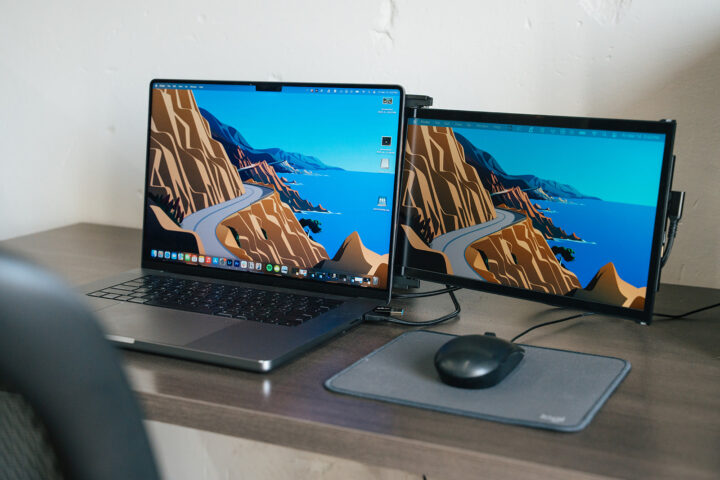


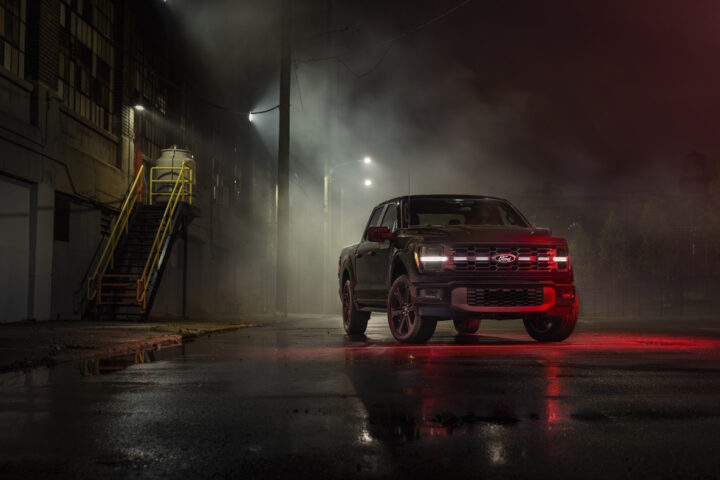
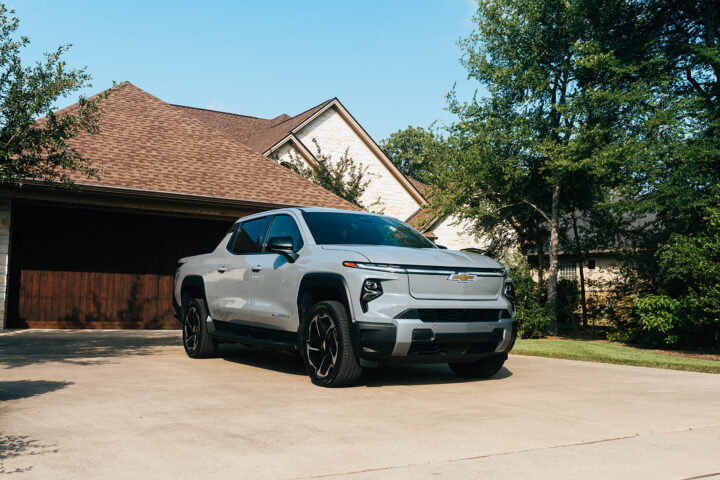


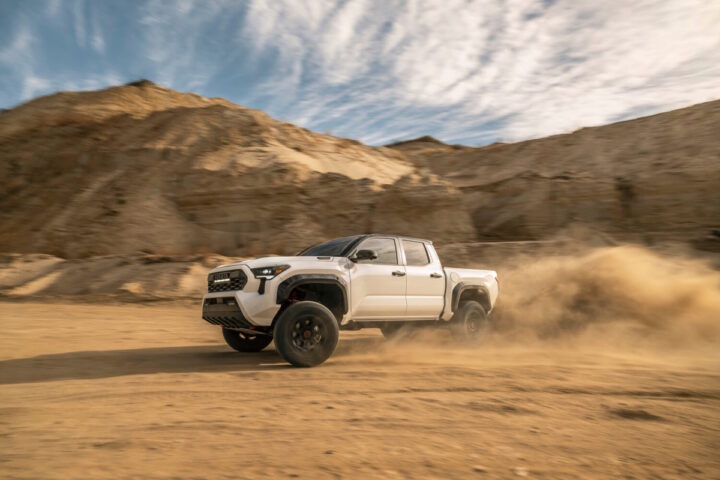
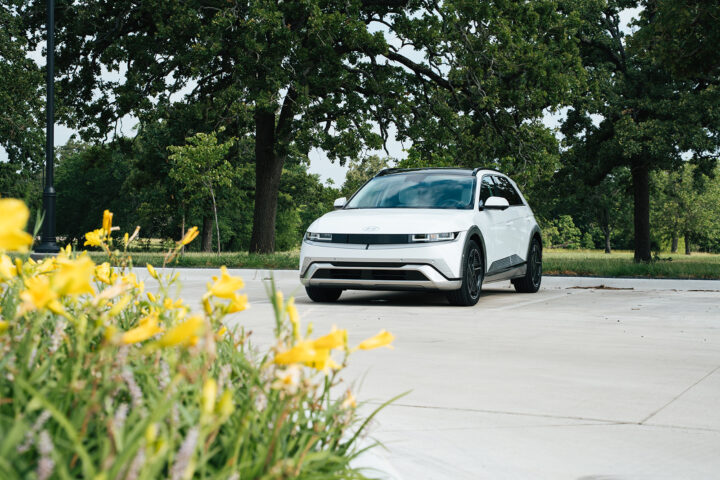

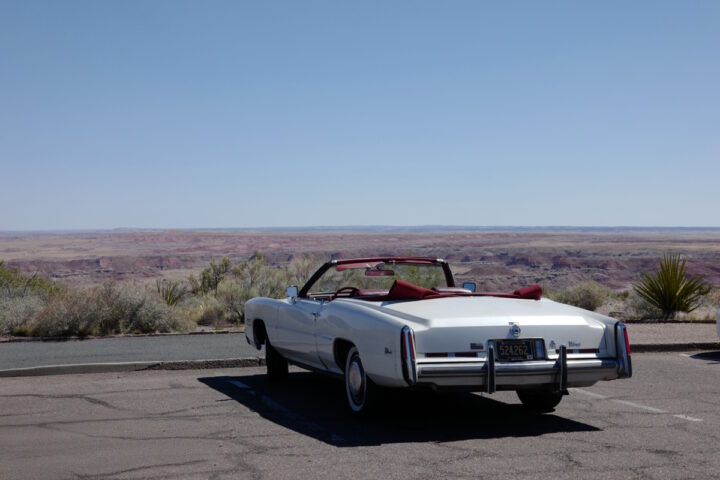
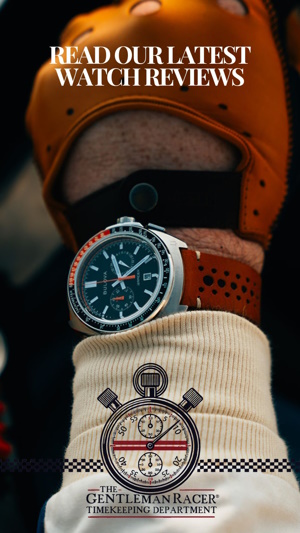

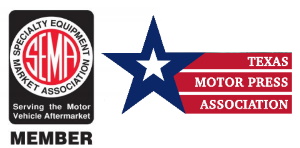




Are you shocked? It is California
COMMMIEFORNIA
Who really wants to live here anymore.
NO SHIT